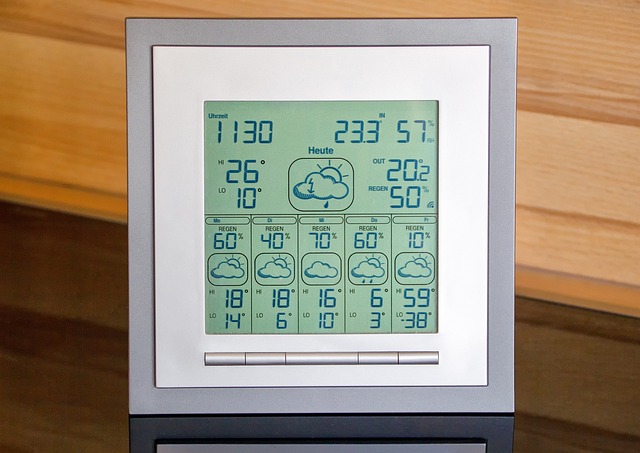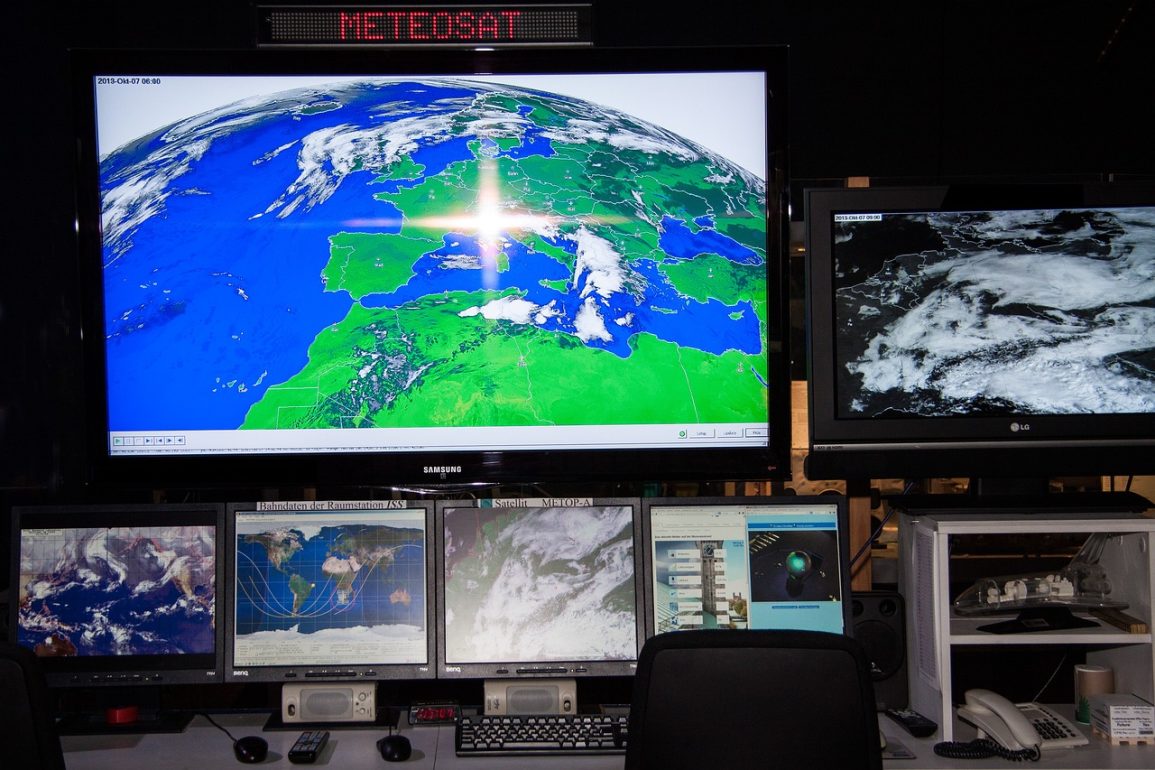Despite the growing frequency of extreme weather events in Britain, television and radio forecasts often overlook the crucial context of climate change.
Recent reports from the Met Office reveal alarming trends: the number of days exceeding 30°C has tripled in recent decades, with 2023 marking the highest sea level recorded since 1916.
Yet, meteorologists rarely link these phenomena directly to the climate crisis during broadcasts.
Sunil Amrith, a history professor at Yale, emphasizes the importance of disseminating information about climate change, stating it is humanity’s most pressing challenge.
Met Office forecaster Alex Burkill explains that the focus of short weather segments is often on immediate public safety rather than longer discussions on climate impacts.
He encourages viewers to explore deeper analyses available on the Met Office’s digital platforms for comprehensive insights.

The challenge lies not only in time constraints but also in the complexity of attributing specific extreme weather events to climate change.
According to Andrew Charlton-Perez, professor of meteorology, while climate change increases the likelihood of severe weather, definitively linking individual events to their causes requires extensive data and analysis.
In a landmark moment, the UK’s 2022 heatwave, which saw temperatures exceed 40°C for the first time, was attributed to climate change in forecasts—a significant shift for meteorology.
Similarly, during Storm Babet in October 2023, meteorologists acknowledged the heightened risk posed by a changing climate.
As technology evolves, the field faces new challenges. Artificial intelligence is rapidly advancing weather prediction models, but concerns about job security among meteorologists and the reliability of AI forecasts loom large.
Burkill notes the increasing hostility on social media, particularly from climate change deniers, complicating efforts to communicate the reality of our warming planet.
In this pivotal time, the weather forecasting community is urged to bridge the gap between immediate weather events and their broader implications within the climate crisis narrative, fostering a more informed public.

